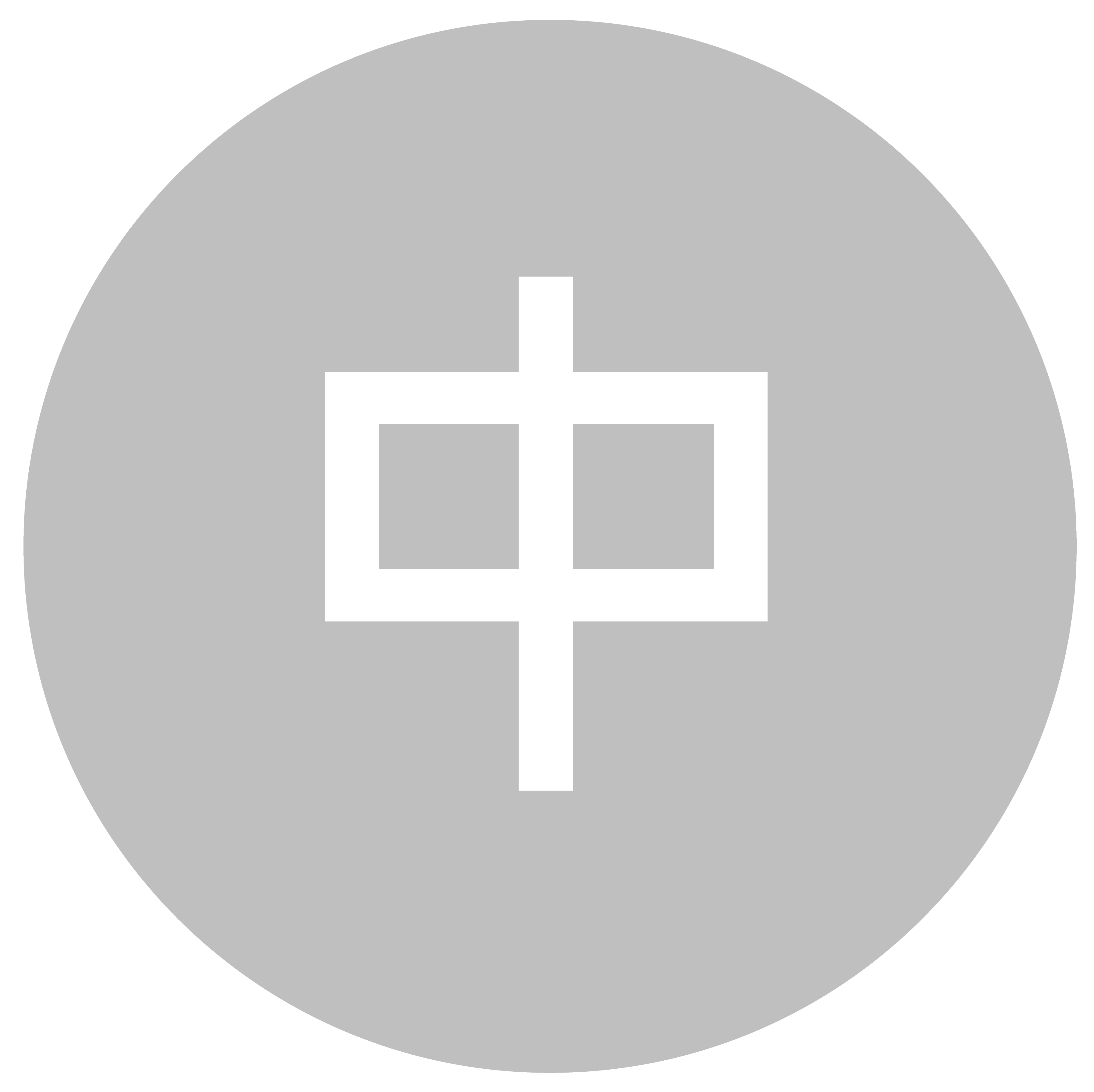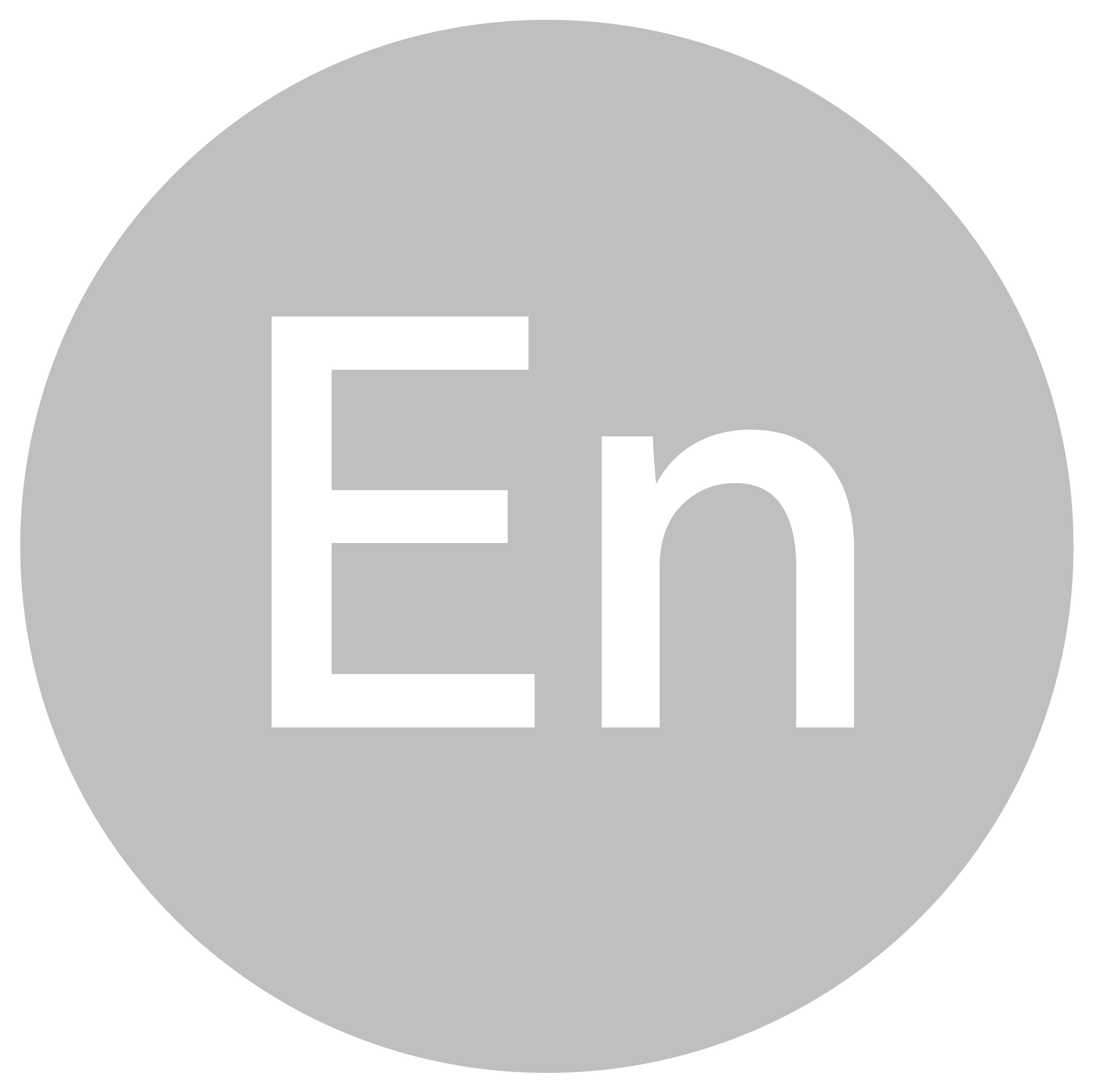Duchamp destroyed the arts, Frank assamble it from pieces.
When the Guggenheim Museum of Art was completed, everyone was amazed by the building in front of them. After a series of structural attempts, contemporary art fell into the quagmire in the 1980s. Art is art, from Duchamp’s anti-art, to re-understanding The concept of man has come, and more and more artists have become increasingly deficient in form and content. As one of the eight main forms of art, architecture has also gone through a series of forms such as modern architecture, natural architecture, and barbarism. Gradually from practicality to expression, from formal beauty to functionalism, a series of schools have emerged. When Fleck Gehry used the latest technology and used new materials to combine the function and form of the building, it had been nearly 70 years since Duchamp's "Fountain" came out.
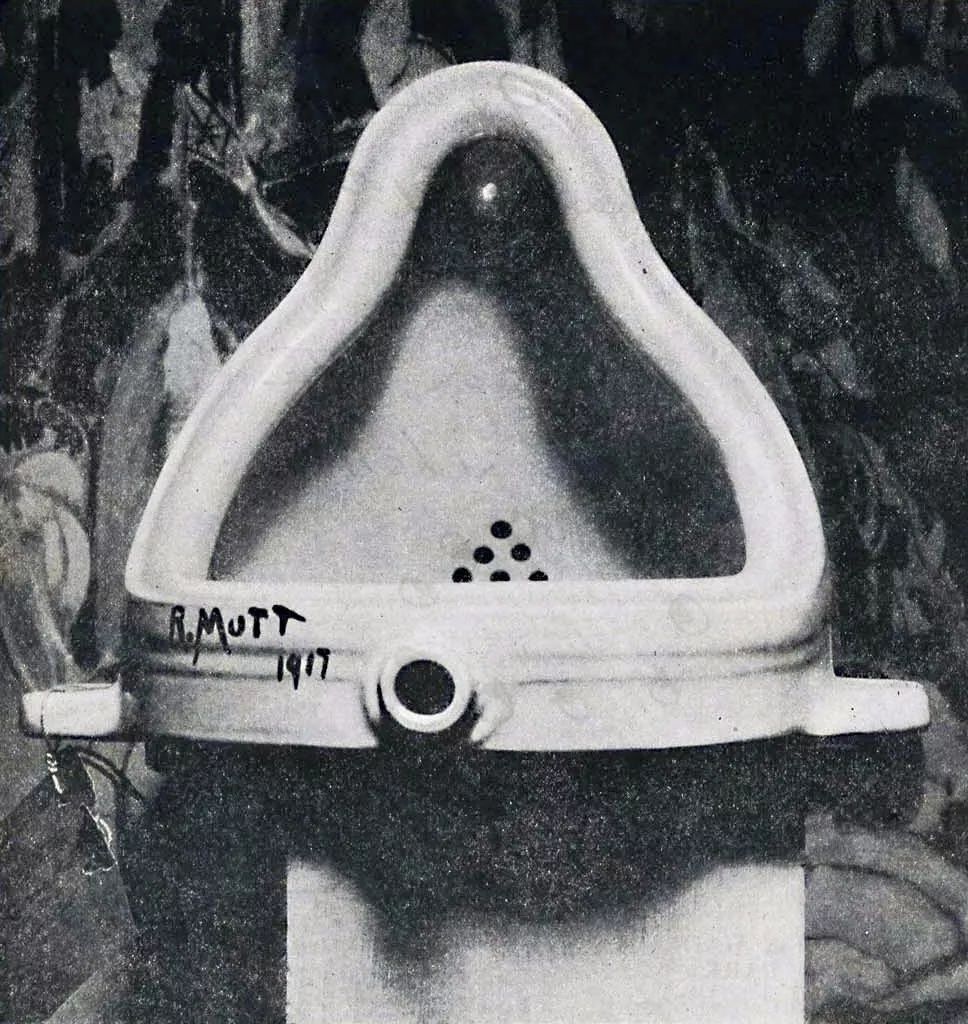
Gehry's innovations inspired the cutting-edge exploration of architecture and incited the industry; he has long devoted his career to the style of deconstructionism (anti-constructivism), showing that form does not always have to express function, interpreting this philosophical understanding in The titanium clad skin itself, the puzzling volumes, the aesthetically incongruous details. To facilitate this style, Gehry borrowed software used in the aerospace industry, eventually establishing Gehry Technologies, a company that specializes in cutting-edge design software.
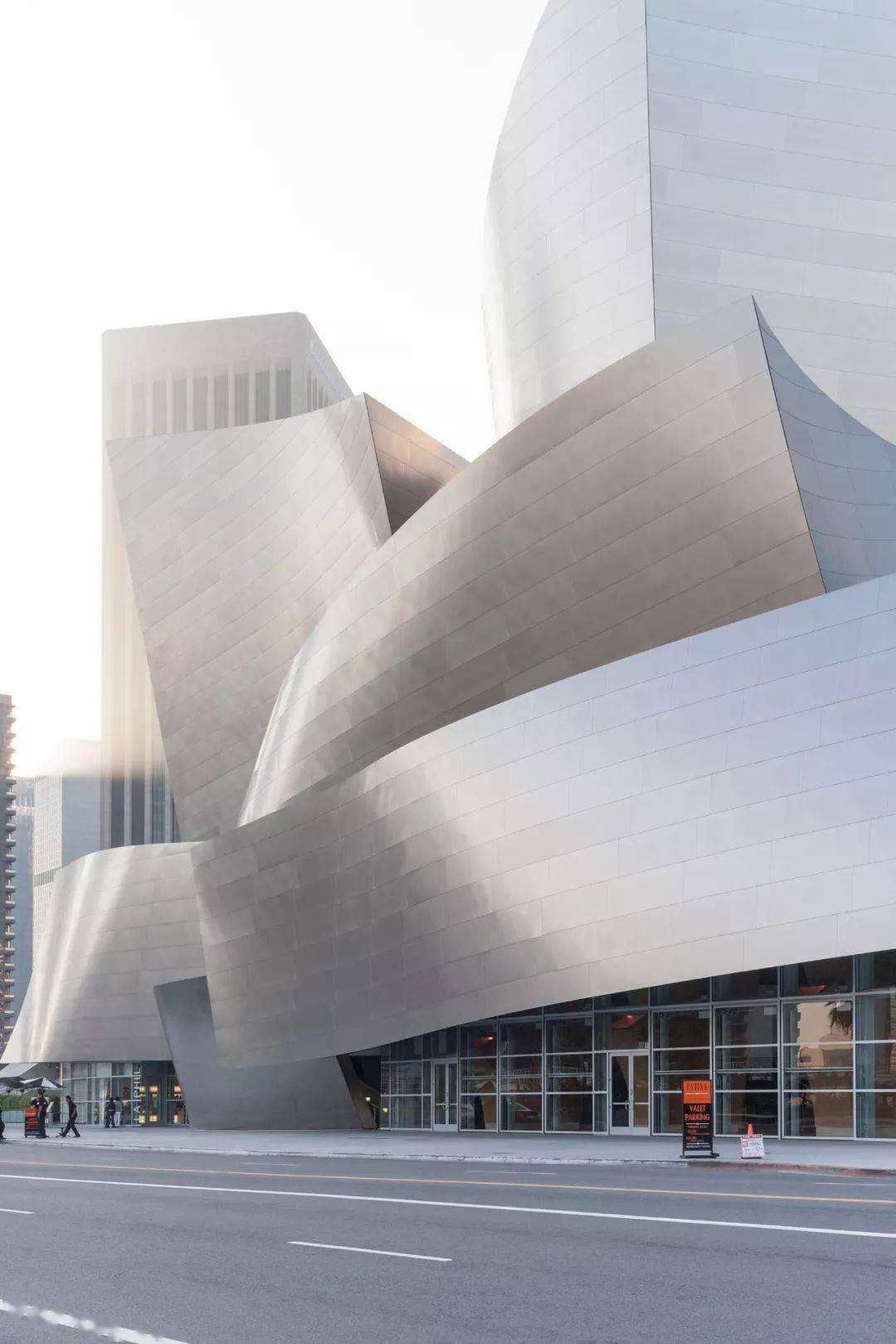
The two have the same attitude towards life and art, from contempt for form and stylization, from respect for "people" as the central point of artistic creation, to bitter criticism of the industry, and no boundaries for creative forms. This is what the two artists have in common. Frank once said: "I like the invisible beauty in the architecture, but this beauty is often lost in the technical manufacturing process."
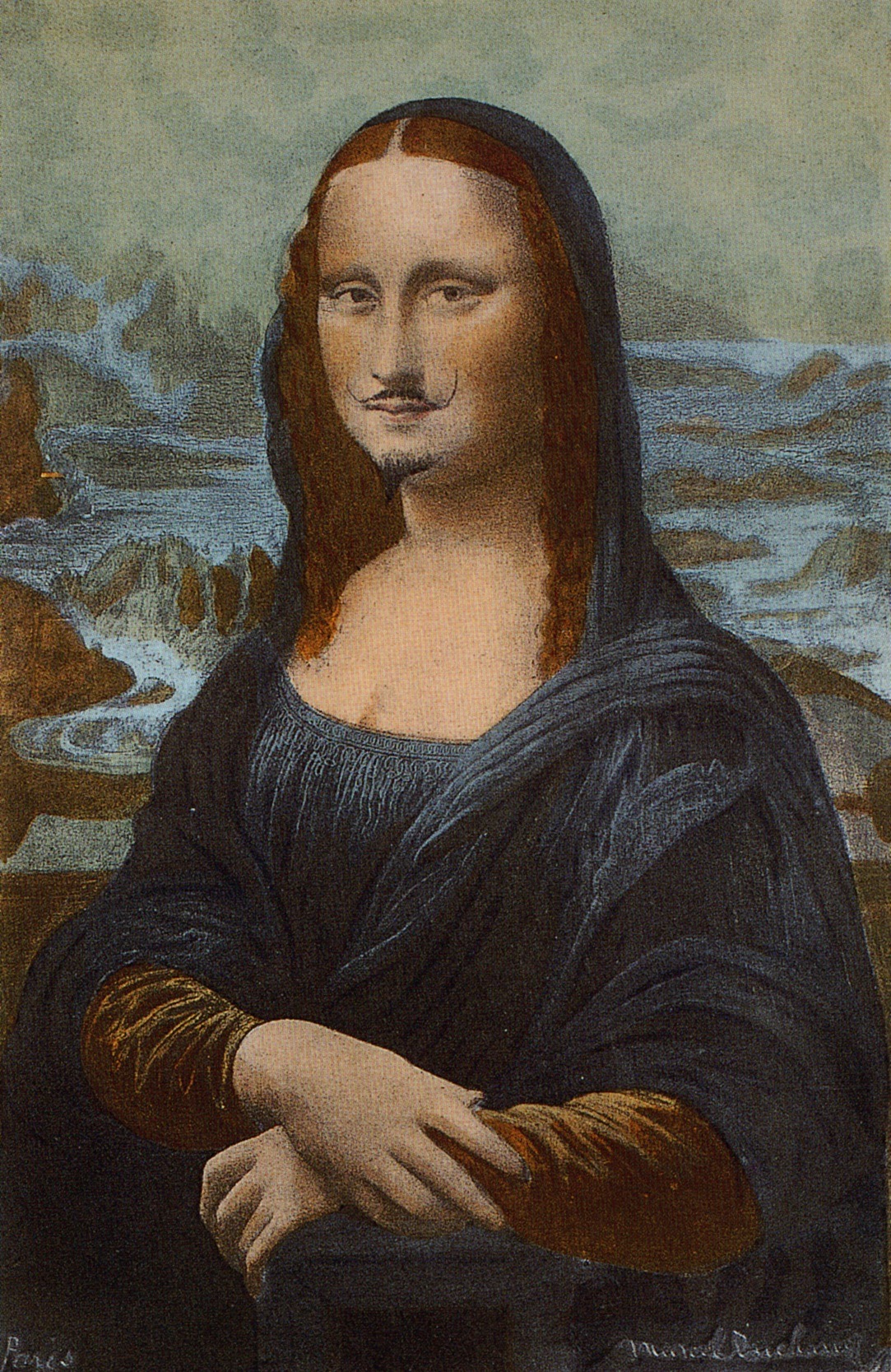
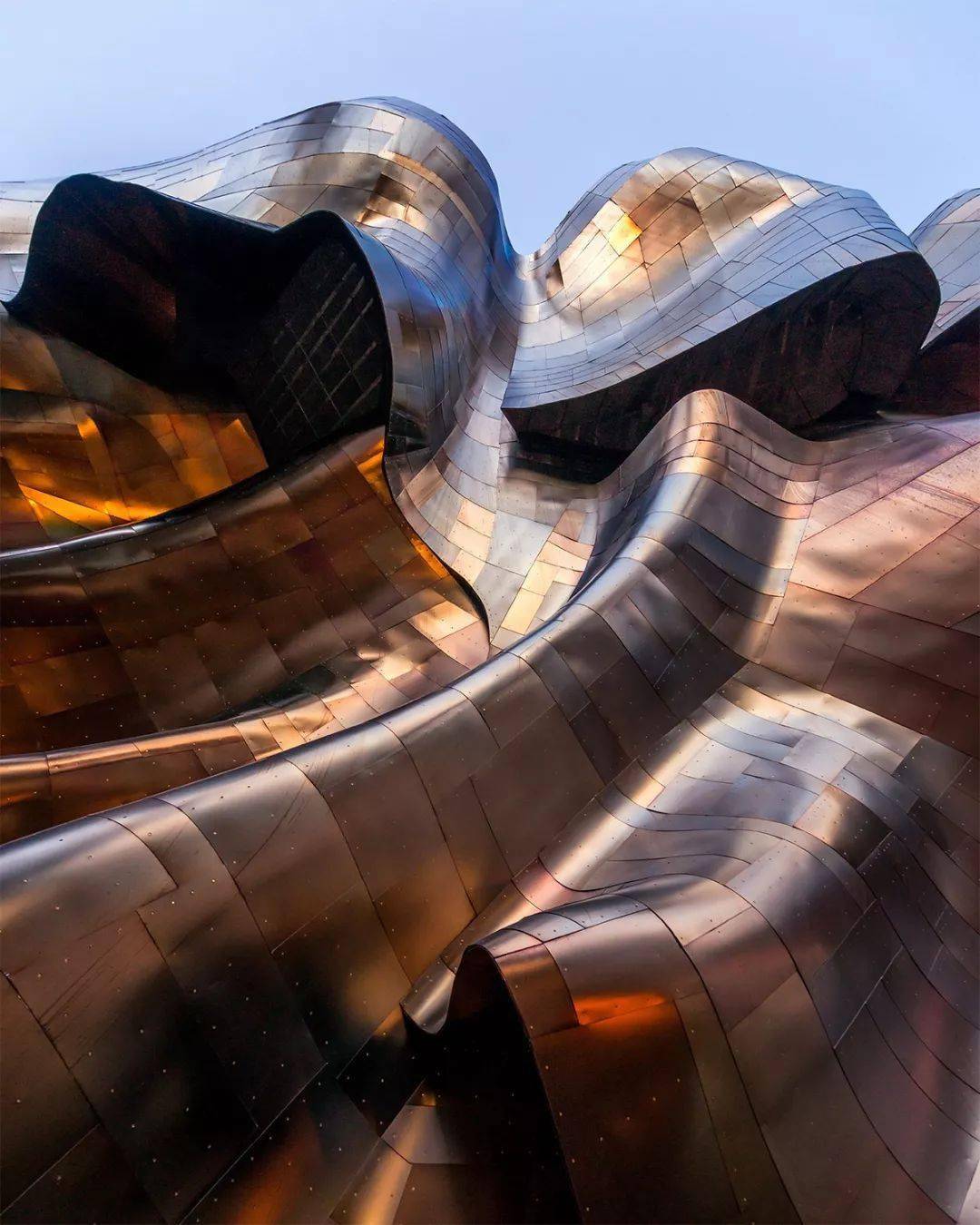
Back to the topic, the form of contemporary art, of course, is a huge and contradictory proposition. Contemporary art has anti-form characteristics since Duchamp, and when Gehry re-expressed the form as a grand architecture stucture, this proposition of existential paradox has been partially self-consistent - it does not stick to the form, but constitutes the style, and always exists for expression, and even serves the subject of artistic creation - people as a certain function.
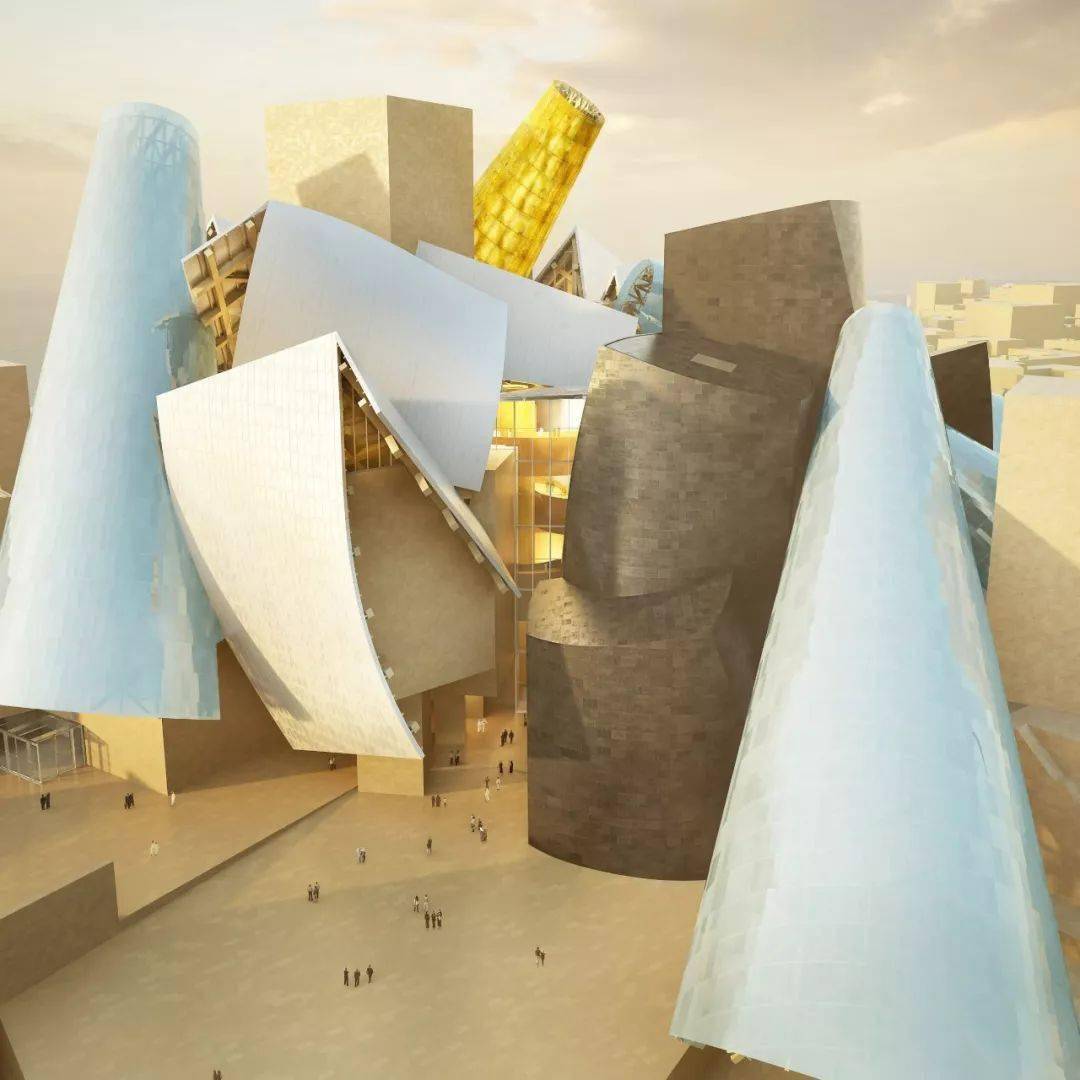
In the absence of forms of expression, metal materials - as Gehry's well-known "style" is gaining popularity, appearing with high frequency in a series of fields such as architecture, interior decoration, and artistic creation. Perhaps as Gehry expressed, the existence of natural materials, especially metals, is not inconsistent with art forms. Materials are materials. They do not serve art, but express their own aesthetic meaning and functional existence truthfully.
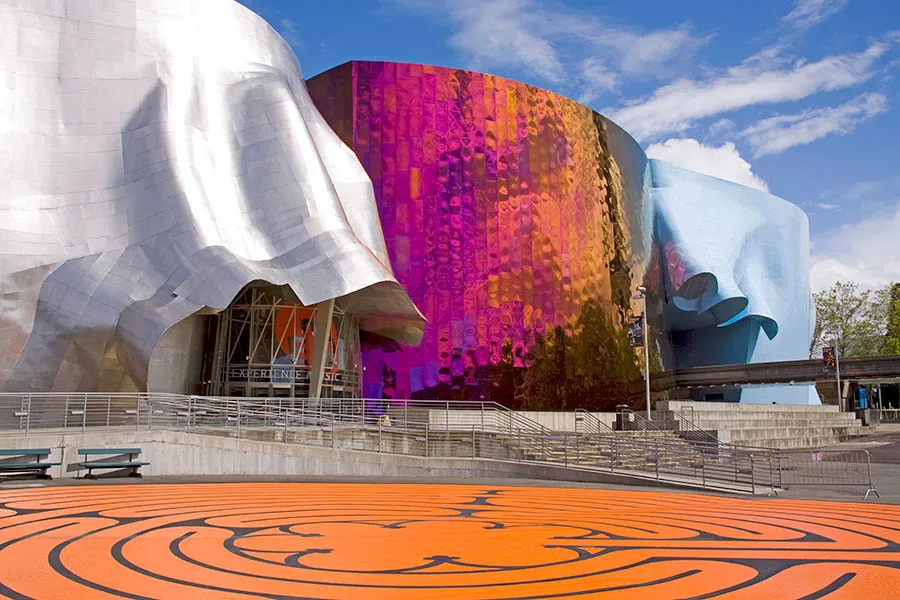
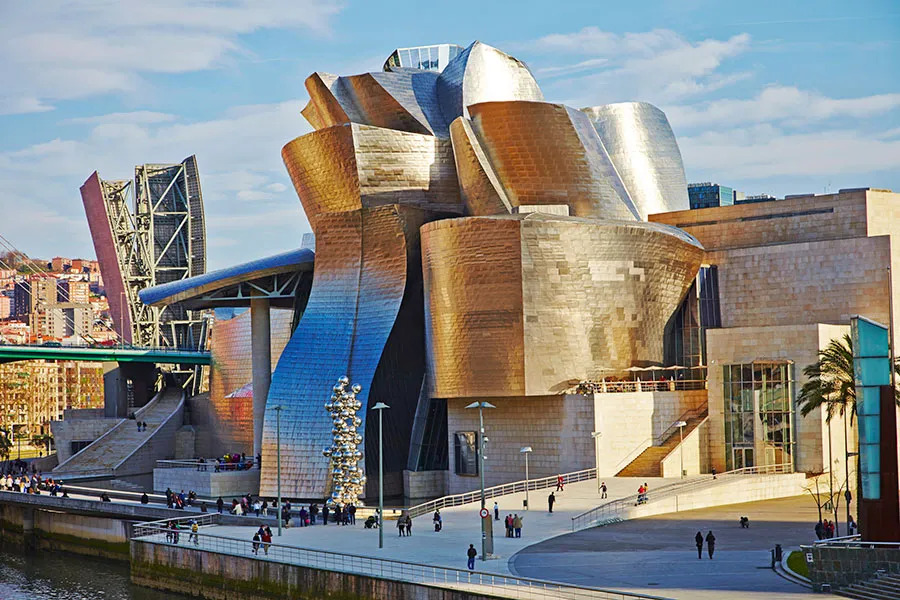
Our inoc® wall panel products have recently launched a series of metal surface products, expressing this concept: the pure material, that is, participating in the creation itself, also retains the meaning of existence as its own material, which is different from that of Duchamp and Gehry's deconstruction of artistic expression forms are interlinked.
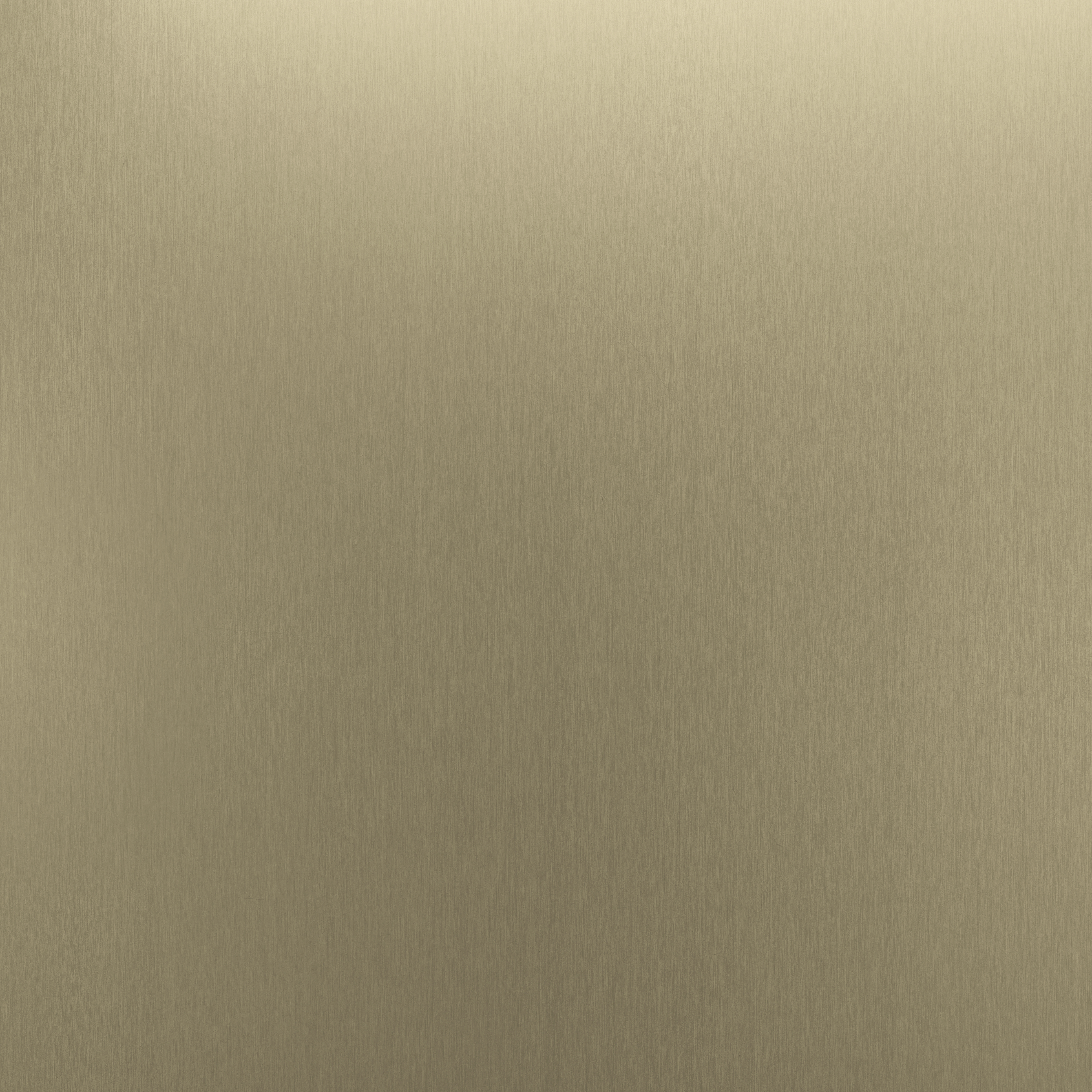
ME-5842
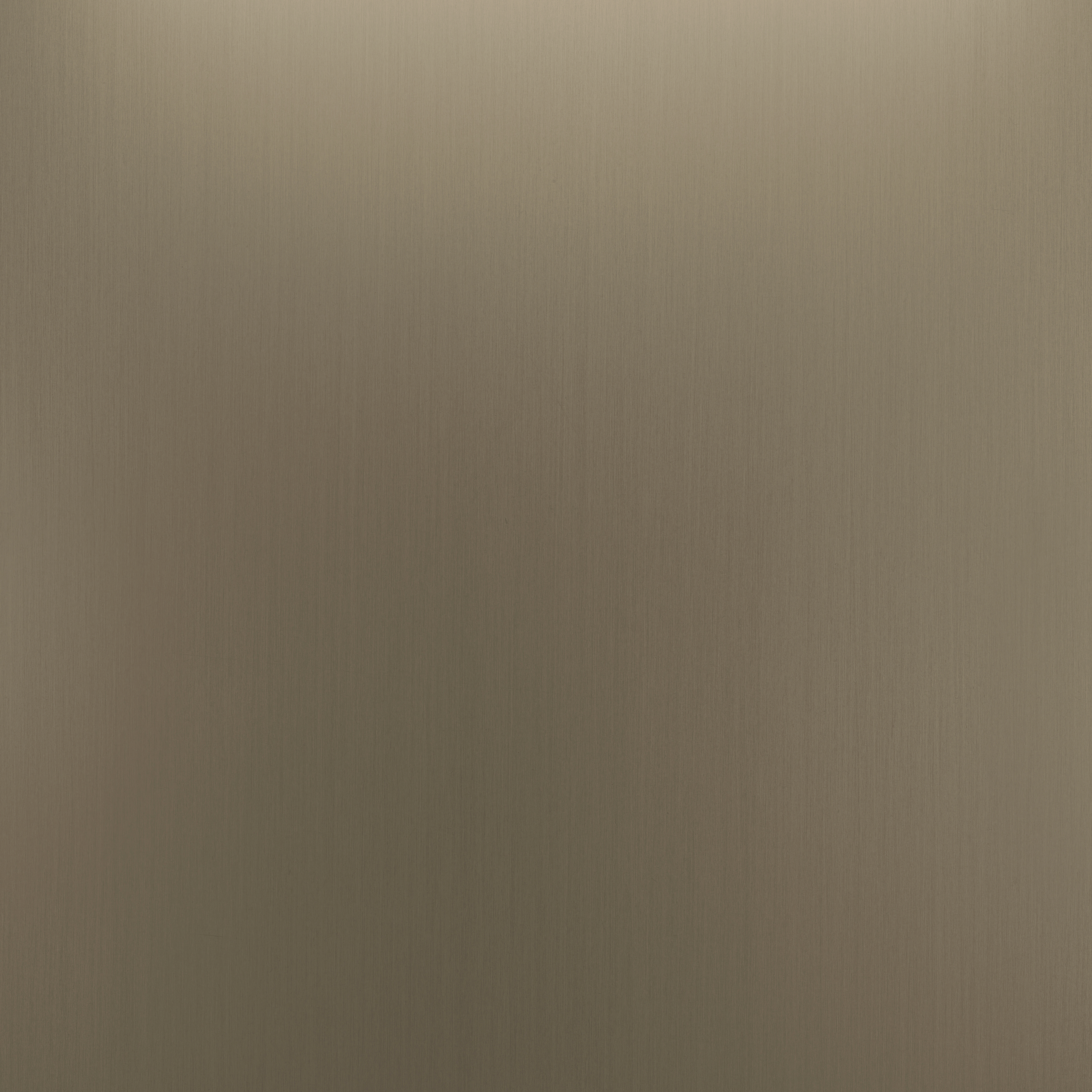
ME-5843
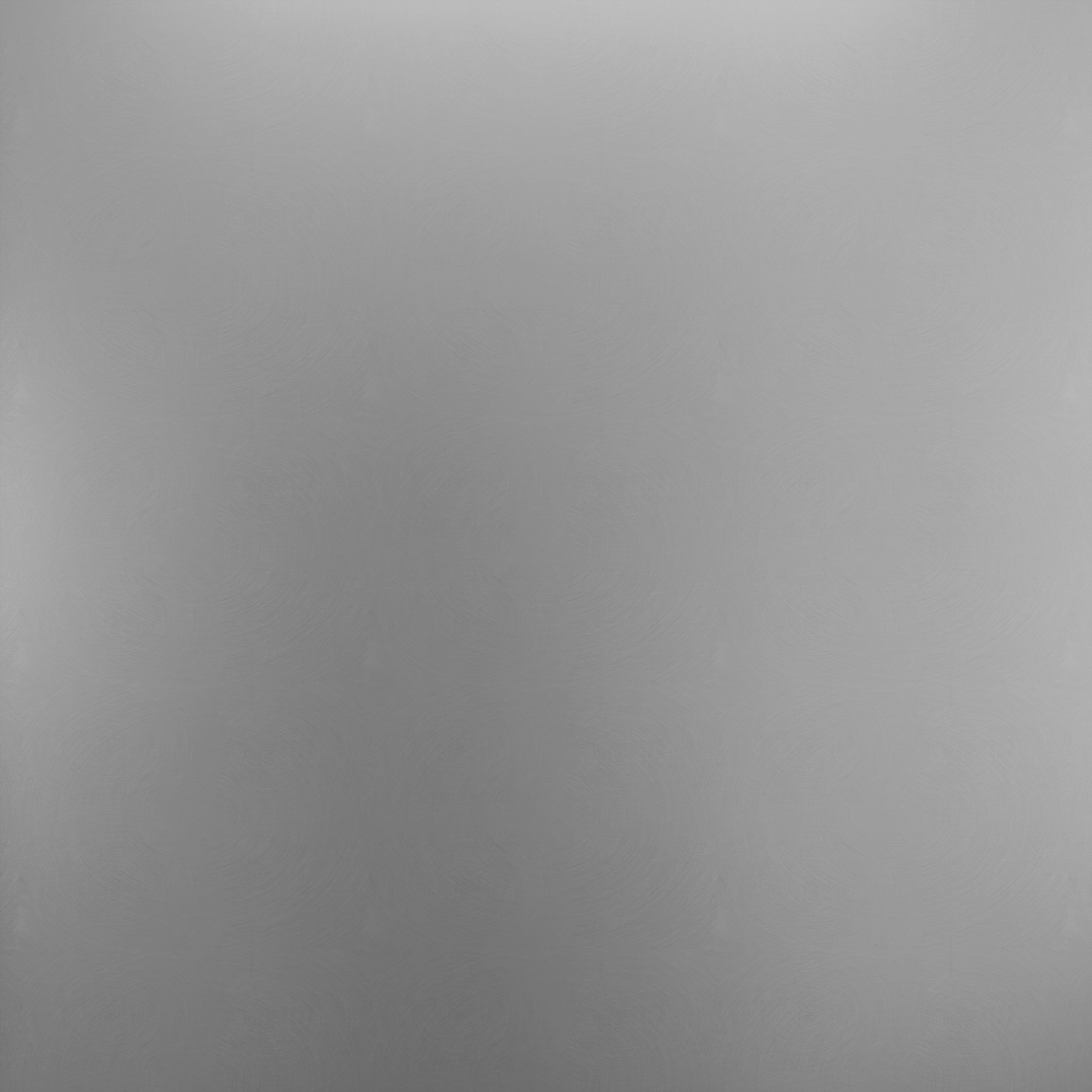
ME-5845
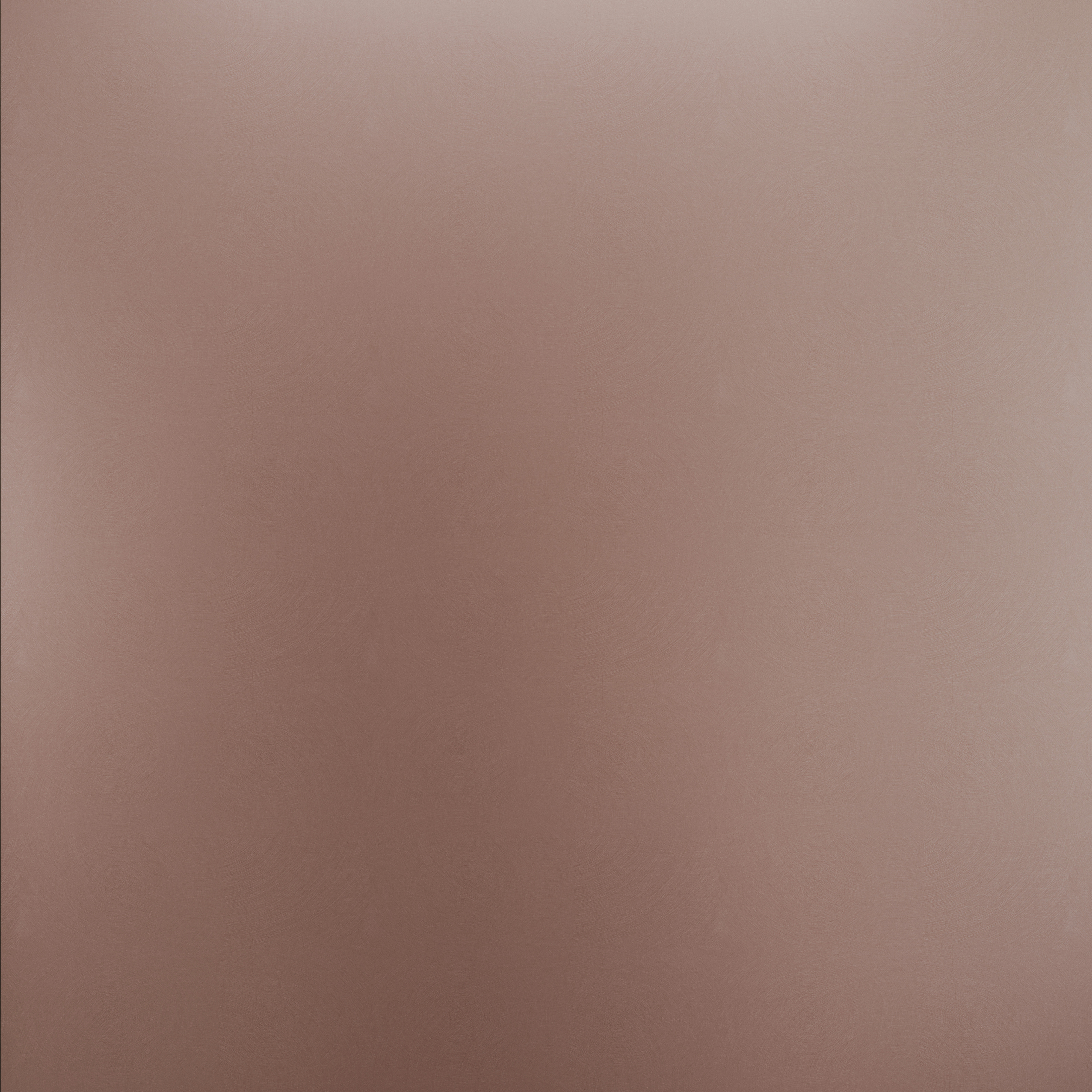
ME-5848

